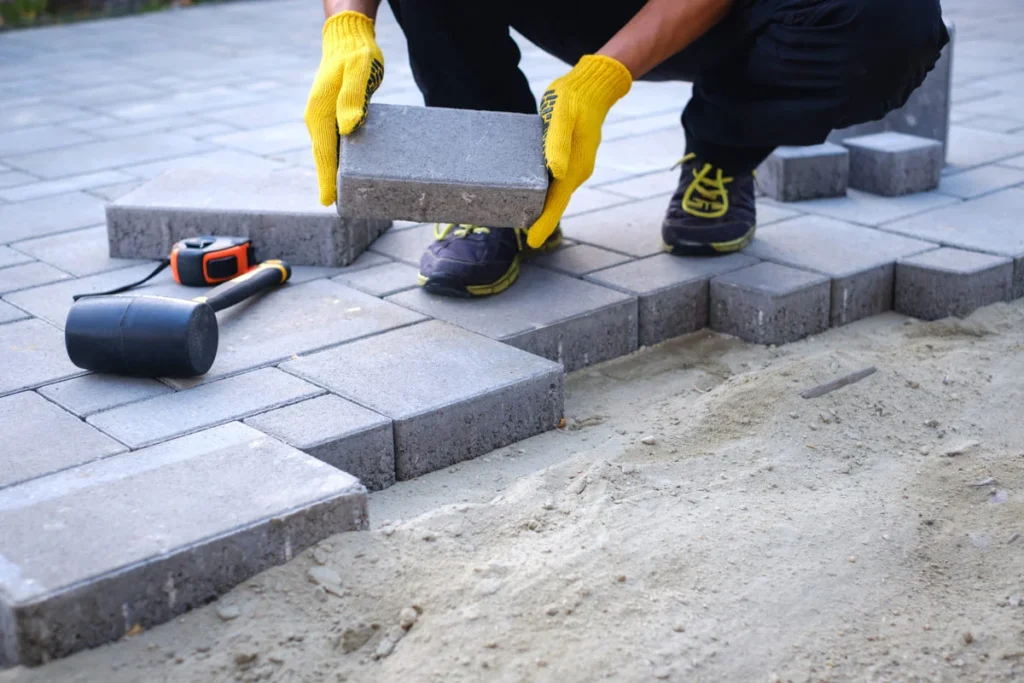

Keep your plants healthy and your garden looking tidy with our mulch installation services. Mulch helps retain moisture, suppress weeds, and adds a polished look to your landscape.
Evaluate Your Needs:
Choose the Right Mulch:
Prepare the Area:
Apply the Mulch:


Improved Plant Growth:
Soil Erosion Prevention:
Pest Control:
Reduced Maintenance:
Environmental Benefits:
Organic mulch should be replenished once or twice a year as it decomposes. Inorganic mulch lasts longer and only needs replacement if it becomes discolored or displaced.
Yes, mulch is beneficial for most plants. However, avoid piling mulch directly against the stems or trunks to prevent rot and pest issues.
Mulch can be applied any time of year, but the best times are in the spring, to help retain moisture for the growing season, and in the fall, to insulate roots over the winter.